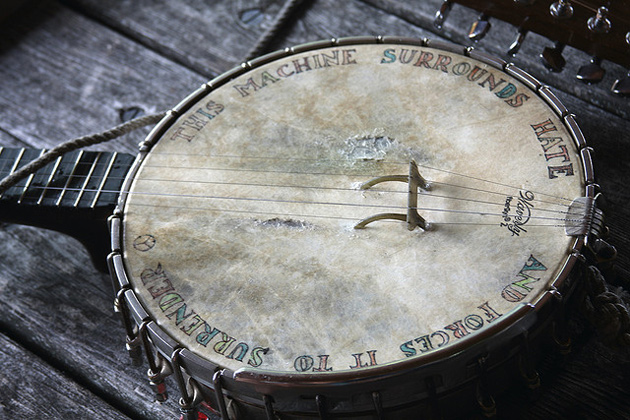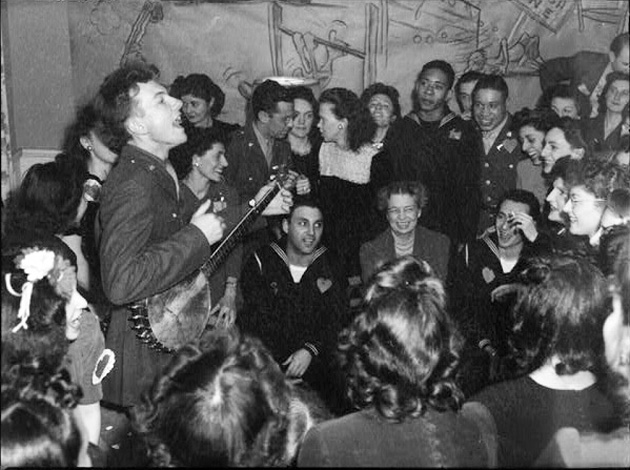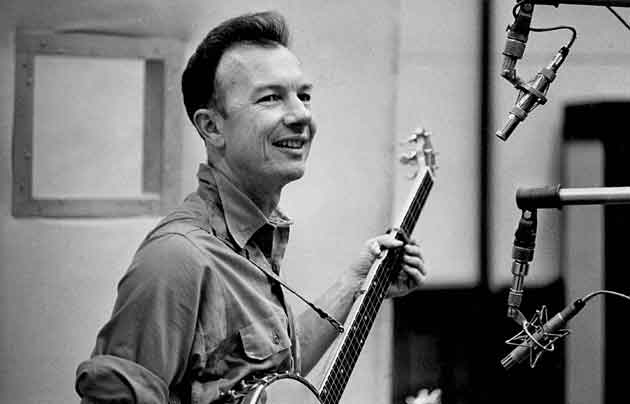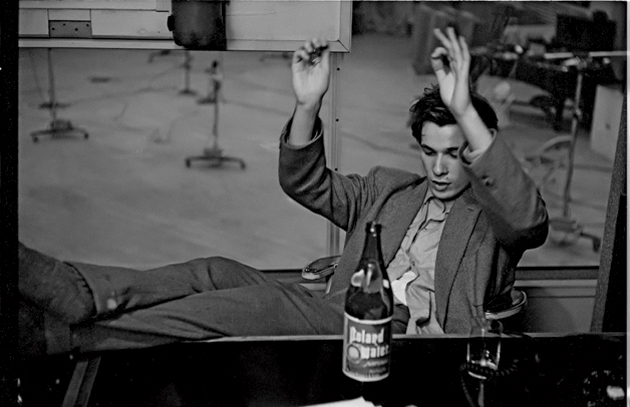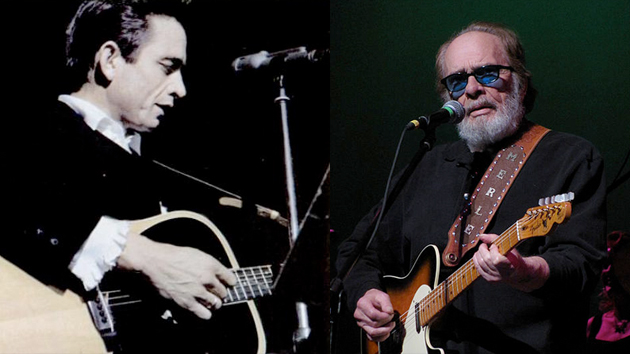
Cash: <a href="http://commons.wikimedia.org/wiki/File:Johnny_Cash_%281964%29.png">Billboard</a>/Wikimedia Commons; Haggard: <a href="http://commons.wikimedia.org/wiki/File:Merle_Haggard_in_concert_2013.jpg">Jeremy Luke Roberts</a>/Wikimedia Commons
Merle Haggard
Okie from Muskogee 45th Anniversary Edition
Capitol Nashville
Johnny Cash
Out Among the Stars
Columbia/Legacy
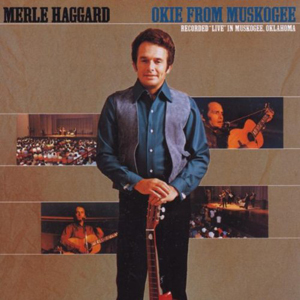
Great singers sound better with time, regardless of genre, and country icons Johnny Cash and Merle Haggard hold up especially well, which makes these two vault-scouring projects noteworthy. Still, more than four decades on, it’s impossible not to cringe at the small-minded, hippie-baiting sentiments of Haggard’s signature hit, “Okie from Muskogee,” but look past that unfortunate episode and rewards aplenty await on his reissue. (If it helps, Haggard later tried to distance himself from the song and embraced a more nuanced form of populism.)
Captured in his prime, Hag is a magnificent singer, boasting a rich, supple and stirring voice that could embrace western swing, honky-tonk and softer, nearly countrypolitan sounds with equal expressiveness, while his nimble band never loses the groove. This ’69 live set—which sounds like it’s been “enhanced” by extra overdubbed audience noise—includes some of Haggard’s most soulful efforts, including “Mama Tried,” “White Line Fever,” and “Sing Me Back Home.” The second disc offers another, less-successful live outing, “The Fightin’ Side of Me,” intended to capitalize on the higher profile generated by “Okie from Muskogee” the year before.
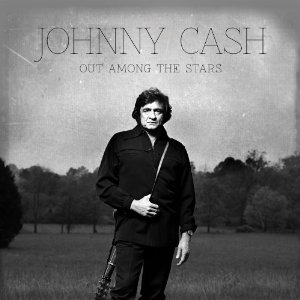
As for the man in black, Out Among the Stars, a collection of previously unreleased recordings from ’81 and ’84, finds craggy-voiced Johnny Cash on the verge of separating from Columbia Records, his longtime home, and entering a period of artistic uncertainty that would end in the ’90s with the career-reviving intervention of producer Rick Rubin. If the songs don’t add up to a coherent album, there are still moments that entice, among them the heartbroken “She Used to Love Me a Lot,” a rollicking duet with Waylon Jennings on Hank Snow’s “I’m Movin’ On” (also covered on Haggard’s set), and “I Came to Believe,” a moving statement of faith. Among the musicians recently recruited to fill out some of the originally uncompleted tracks are Buddy Miller and Cash’s stepdaughter, Carlene Carter, who returns with an excellent new album of her own next week.
